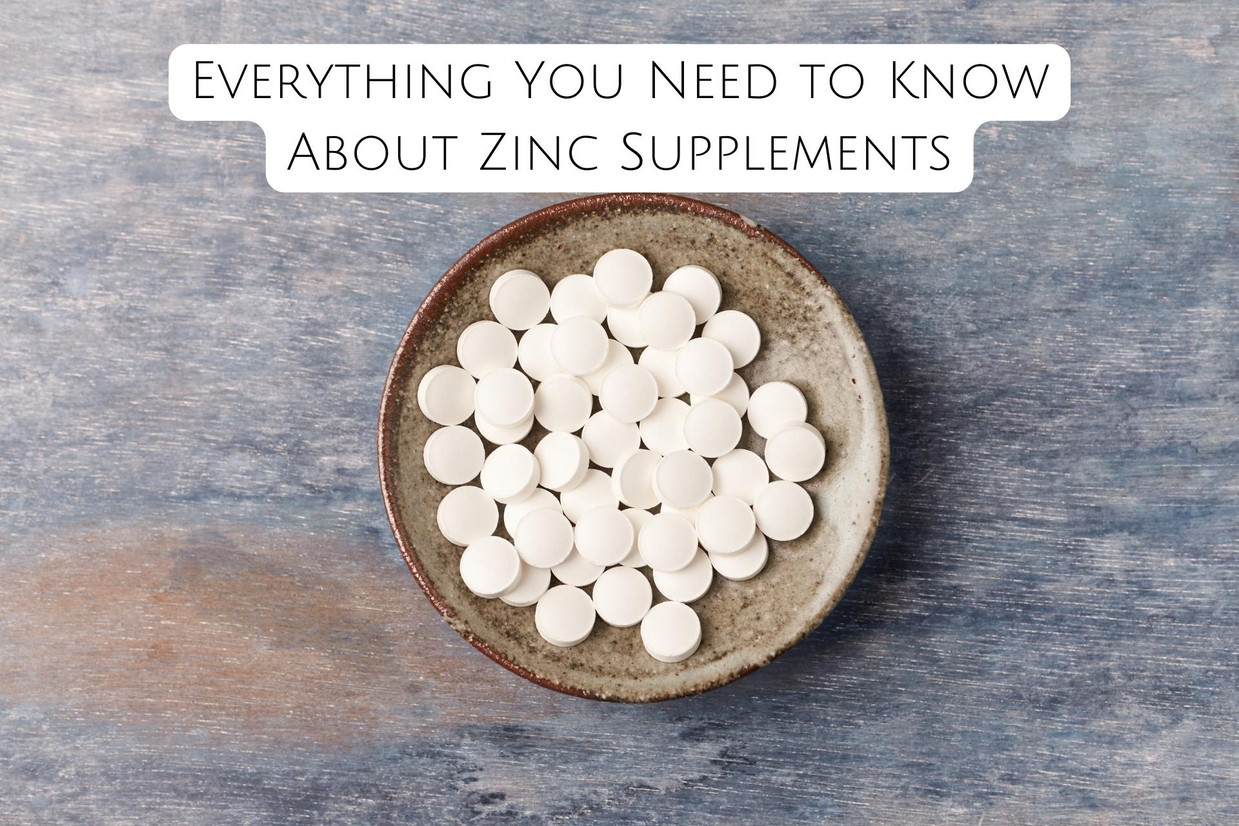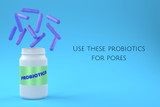Everything You Need to Know About Zinc Supplements
Zinc is an essential mineral that everyone needs to have in large amounts because it helps with the performance of billions of cells. It's also crucial to the production of RNA, DNA, and protein. Your body can't produce zinc, but it can get some from food. It's beneficial for when you are recovering from colds, staying healthy during pregnancy, and getting your baby off to a good start. It is important that you get enough zinc daily because it prevents against the onset of other diseases which is great for overall health.
Zinc supplements come in two forms:
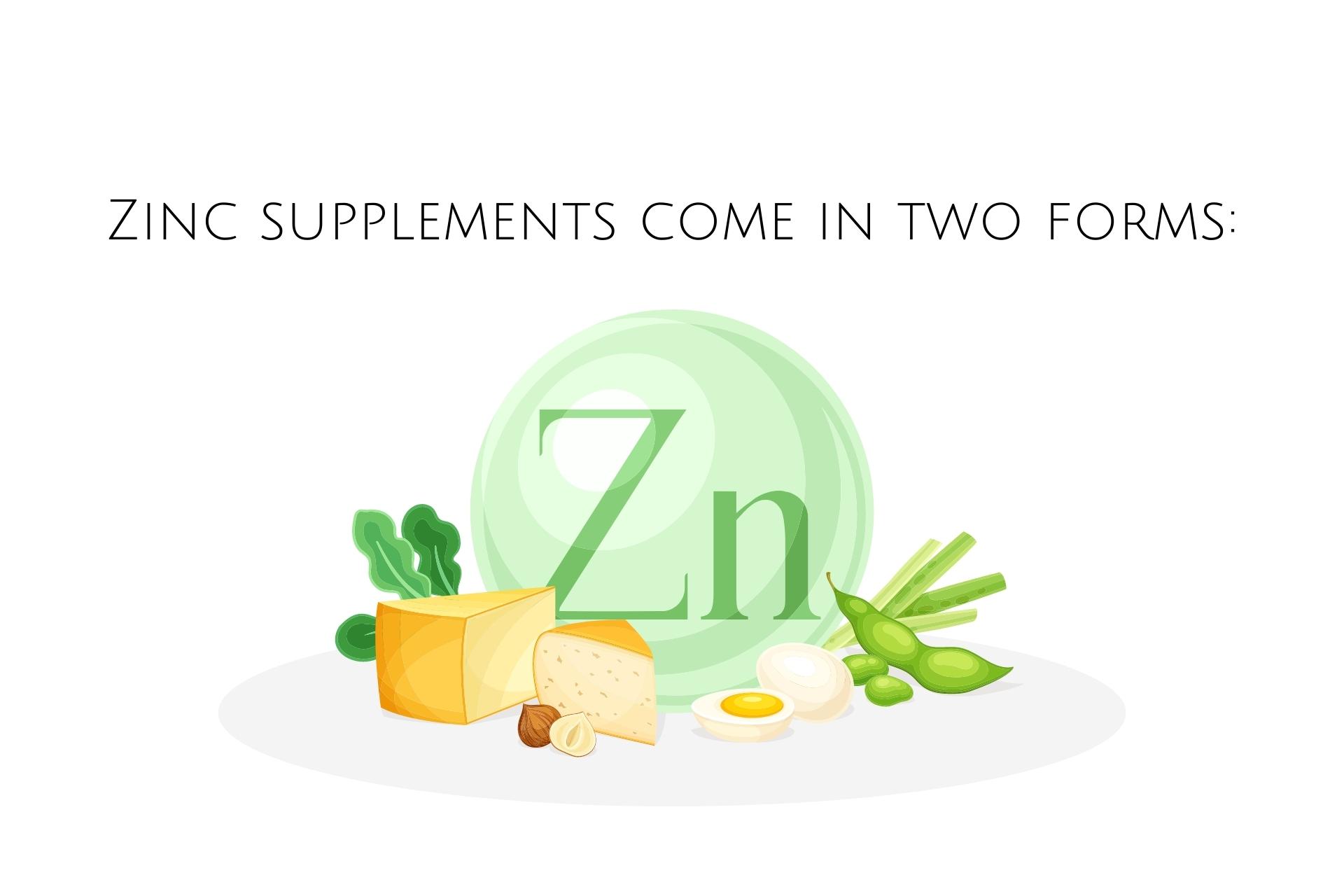
Liquid and tablets both have advantages over each other depending on your preference and goals. When taken as a supplement, liquid zinc will go straight into your bloodstream whereas tablet zinc must be broken down before absorption is possible so they take longer to use up, but they may be less potent overall. In addition, liquid zinc is more expensive than tablets. You should use liquid zinc in between meals or at least 2 hours before or after meals and take the tablet form 30 minutes before a meal.
Health Benefits of Zinc:
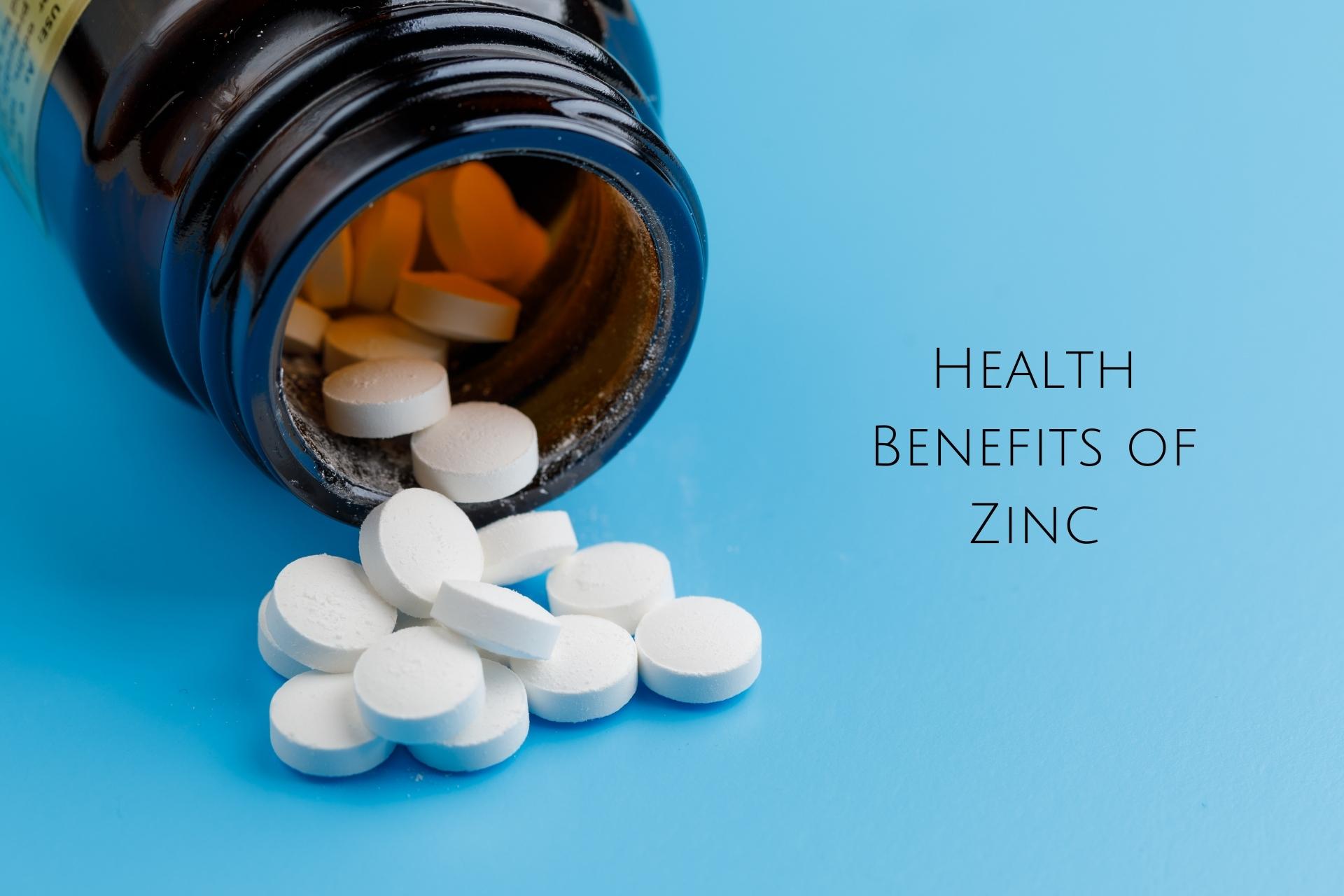
Zinc is a member of a group called the Ionic Minerals and has multiple health benefits. It supports your immune system, promotes normal growth & development, and overall helps you to maintain an optimal state of health. With so many health benefits of zinc, it is essential for every person to take zinc supplements. Zinc is a compound that has been discovered and used for centuries. It is found in most living things, such as animals, plants, bacteria, and fungi. It helps the body to fight infections and boost immunity.
Zinc helps the body fight infections and boosts immunity:
- Healthy digestion
- Nerve function
- Metabolism
Zinc is known as a mineral that helps support brain health. A review in the International Journal of Molecular Sciences published in 2017 found that changes to the level of zinc might affect age-related cognitive decline, depression, and Alzheimer's disease.
Another one of zinc's many interesting functions is supporting healing and maintaining healthy skin cells. Zinc assists with cell membrane repair, cell growth, and the maintenance of normal skin. Zinc-dependent proteins play a fundamental role within cells, including that in DNA repair.
Zinc in Your Diet:
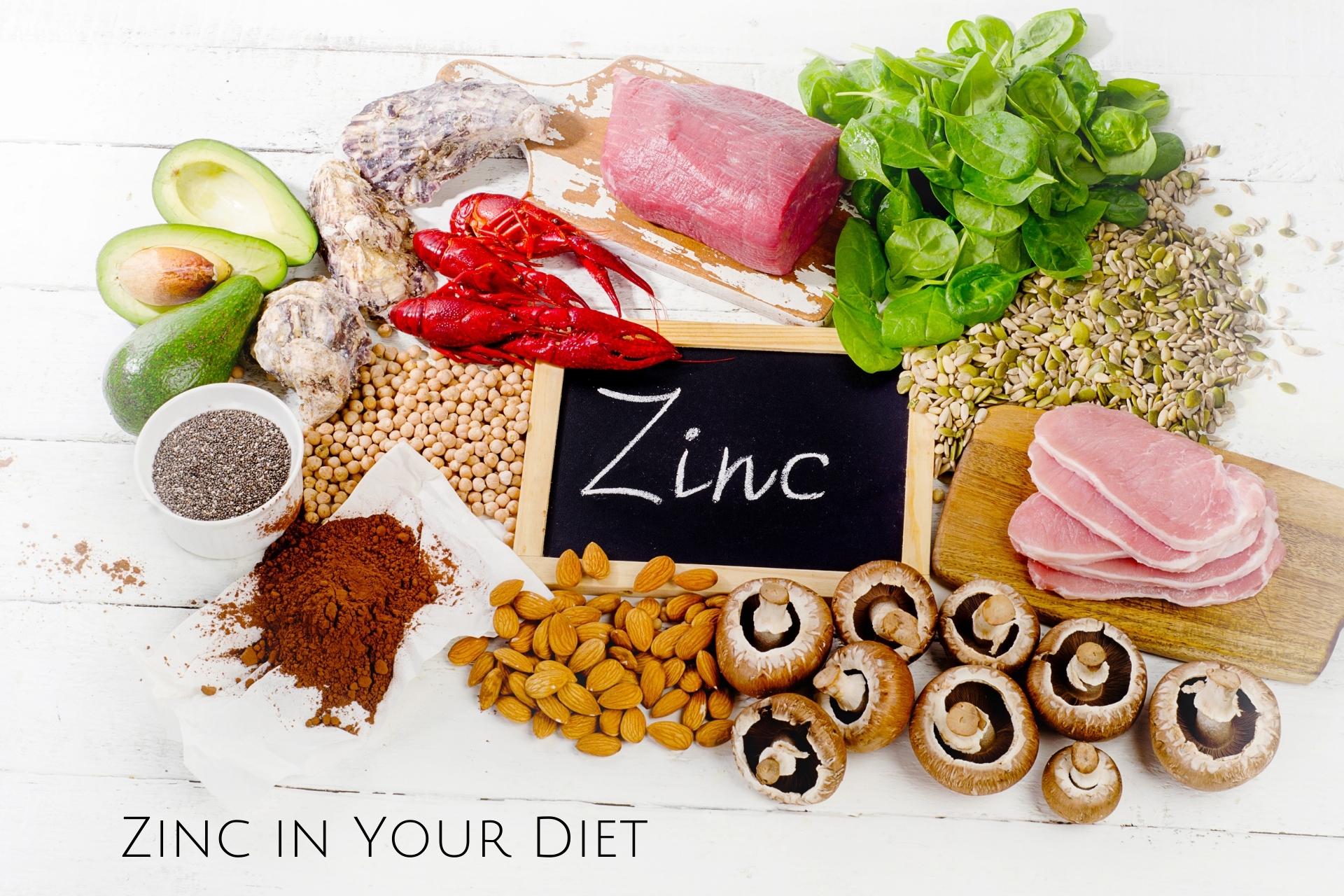
Zinc is a mineral that is essential to your body's health. It plays an important role in regulating your immune system and can also help with issues such as diabetes and high blood pressure.
- Oysters
- Beef
- Blue crab
- Pork
- Turkey breast
- Shrimp
- Sardines
- Fish
- Greek yogurt
- Milk
- Eggs
Zinc supplements may be a good addition to your diet for many reasons, but here are just a few ideas:
- You suffer from diabetes or high blood pressure, where zinc levels are low in your body.
- You work out regularly and want extra benefits for recovery.
- You know you need more zinc but don't always have time for it to do so (for instance, during work meetings) because you're busy during the day.
- You want an easy way to add protection against colds before winter comes around again. Take up to 1.5 grams of zinc as a supplement daily.
Most people know that the best source of zinc is animal protein sources such as seafood and red meat, but they may not be aware that all plant-based sources have some amount of it too: oatmeal has 0.5 milligrams per serving, wheat germ has 5 milligrams per serving and pumpkin seeds have 2 milligrams per ounce.
Some plant sources of zinc include:
- Breakfast cereals
- Pumpkin seeds
- Lentils
- Peanuts
- Rice
- Kidney beans
- Whole-wheat bread
- Broccoli
- Cherry tomatoes
- Blueberries
As per the NIH, the daily recommended values for zinc depend on the person, including:
- Adults age 14 and older should take 11mg of the treatment.
- For women aged 19 and older, take 8 milligrams per day, while younger women should take 9 milligrams daily.
- If you're pregnant or breastfeeding, it's important that you try to consume at least 11-12 milligrams of folic acid each day.
- Many children need 8 milligrams of Vitamin D a day to properly develop their skeleton and immune system.
- Five milligrams of SUSPENSION to children aged four to eight
- Three milligrams of Bisacodyl for children aged 7 months-3 years
- Two milligams for babies up to six months
How to Tell if You Have a Zinc Deficiency
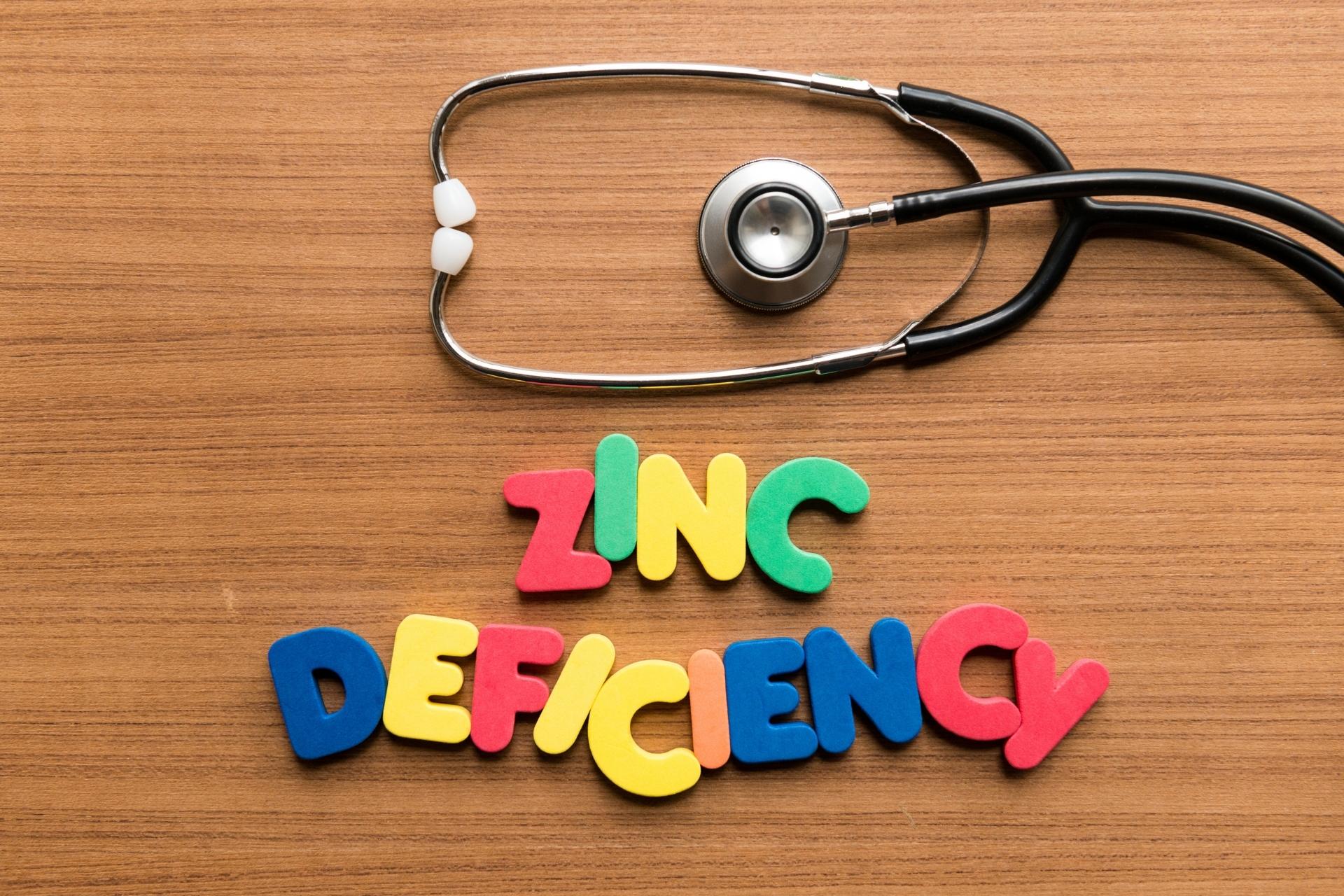
Zinc supplements are a common treatment used to improve the well-being of your skin, hair, and nails. However, it is important to know if you have a deficiency or not before taking zinc supplements. Zinc is an essential mineral in the body that helps maintain your immune system and helps repair cell damage. It also allows for proper digestion and nutrient absorption. If you think you might be deficient in zinc, talk with your doctor about what other tests might be needed to tell if you have a deficiency or not.
The zinc deficiency signs can include:
- Skin problems such as dry skin and scalp that flakes easily
- Hair loss from the scalp and eyebrows
- Depleted immune system due to poor white blood cell function
- Vitamin A deficiency
Are you thinking about zinc supplementation?
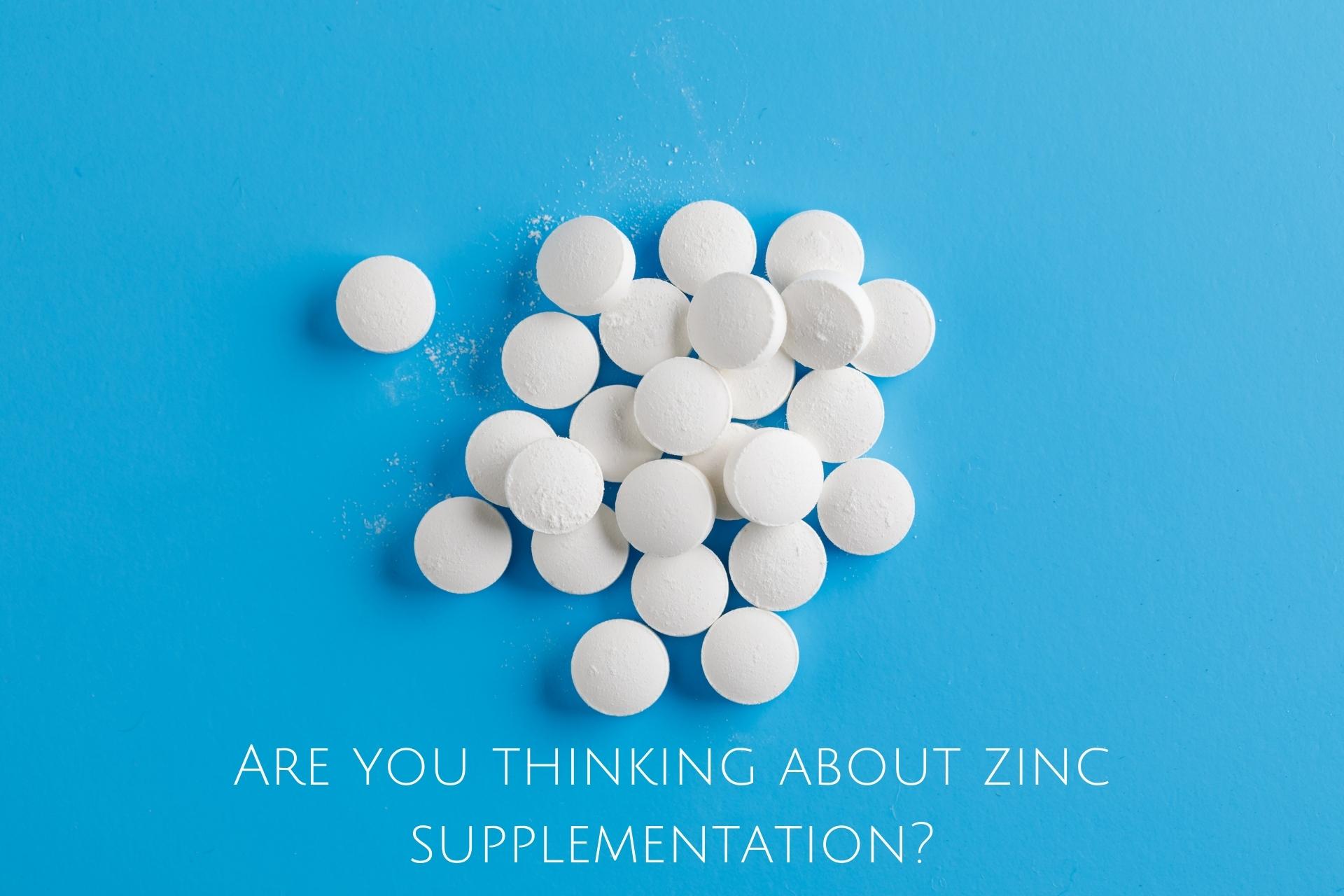
Zinc is a mineral that naturally occurs in the body and serves as a cofactor for more than 300 enzymes. It helps to break down fatty acids, synthesize DNA, and maintain healthy immune function. Zinc also helps with wound repair and DNA replication. Zinc deficiency causes reduced production of testosterone. Zinc deficiency is associated with insulin resistance, impaired immune function, and a decreased ability to repair wounds
Bronze-level Health Benefits of Zinc:
Risks of Excess Zinc:
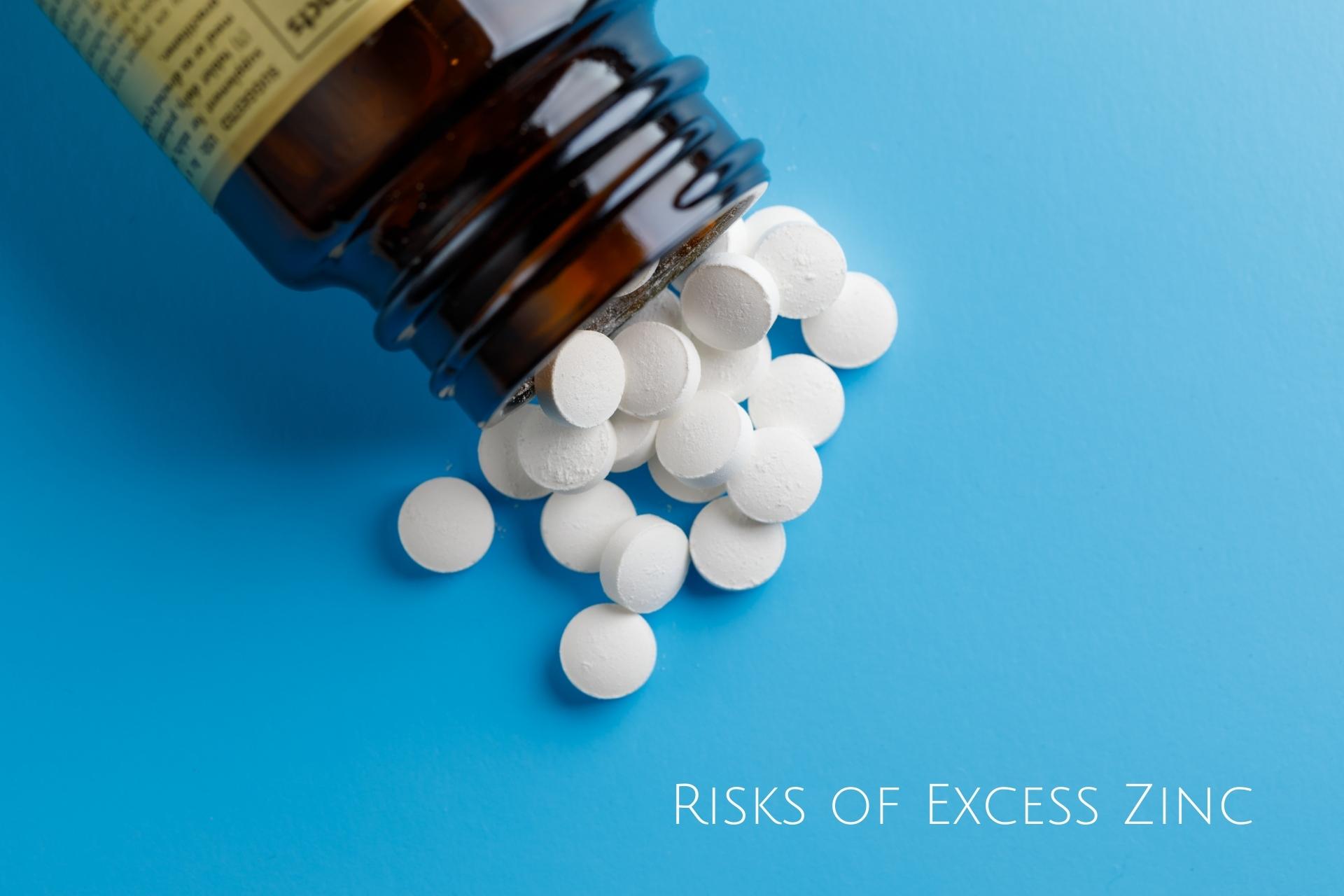
There have been mixed results from the research on zinc's effect on the common cold. Many people like to use it for a short term, but then move away from it. Take some time and learn about zinc's impact on other health measures as well. A study published in 2017 in Open Forum Infectious Diseases found that people with a common cold who took zinc lozenges recovered faster than those who did not. After five days, 70% of the people who took zinc had recovered compared with only 10% of those on placebos.
Unfortunately, a study published in 2020 in Pharmacology and Therapeutics found that zinc acetate lozenges had no impact on the recovery rate of people with a common cold. Zinc is a common cold remedy and can be helpful for treating congestion, runny nose, and in some cases sore throat, for example. So, when you feel a cold coming on, you should speak to your doctor about the correct dosage & length of treatment."
Recent Posts
-
How can i prevent my skin from anti agining?
In the eternal pursuit of maintaining youthful and radiant skin, the key lies in adopting a holistic
-
Use these probiotics for pores
Probiotics are beneficial bacteria that can promote a healthy balance in the skin's microbiome. Whil
-
9 ways to use aloevera for hairgrowth
Aloe Vera Hair Mask: The Ultimate Nourishment :The Aloe Vera Hair Mask stands as the epitome of nour

